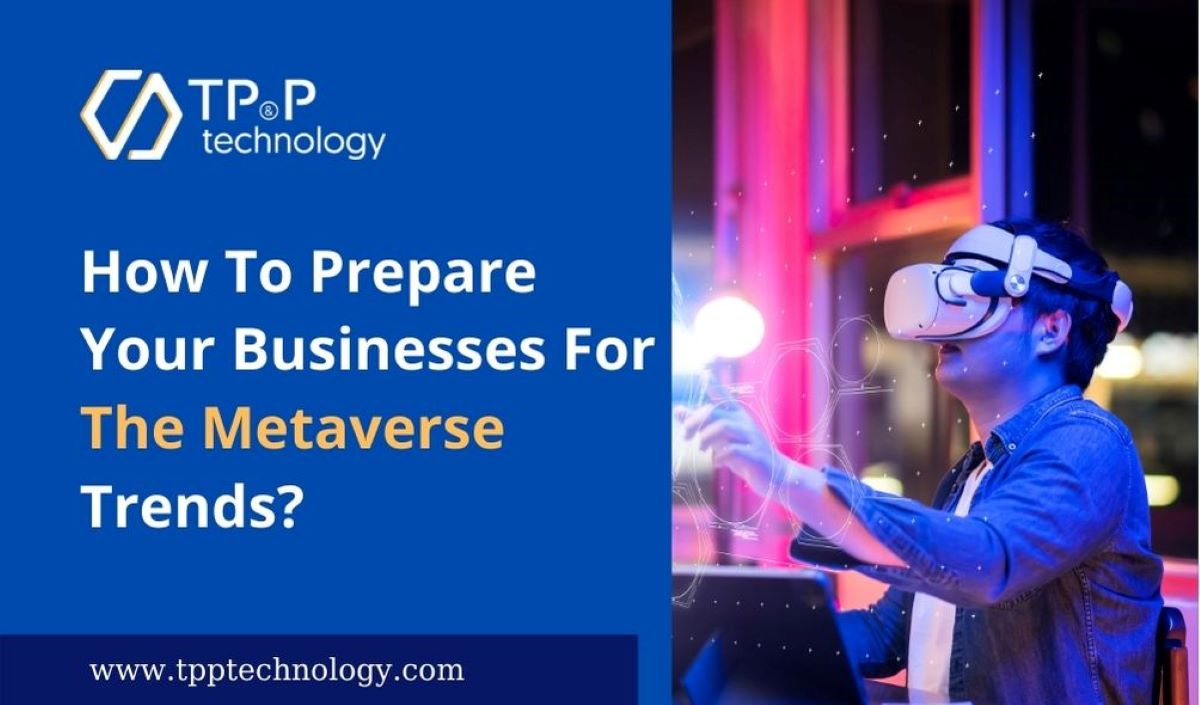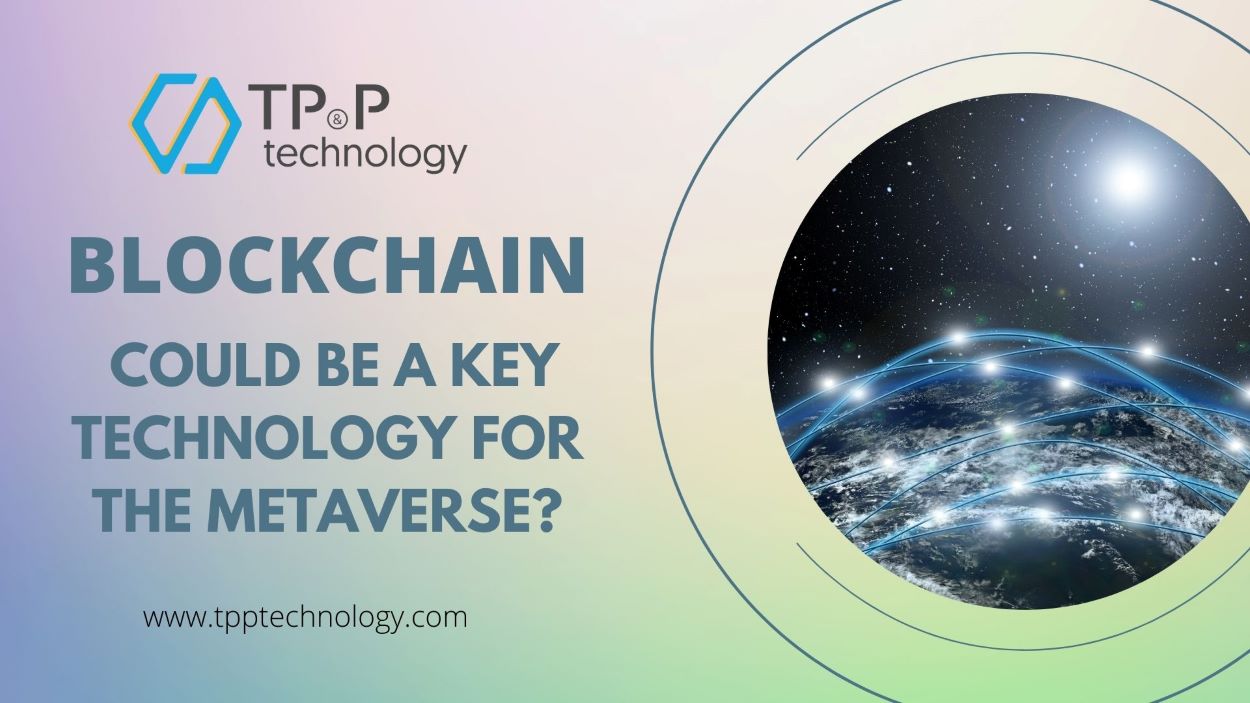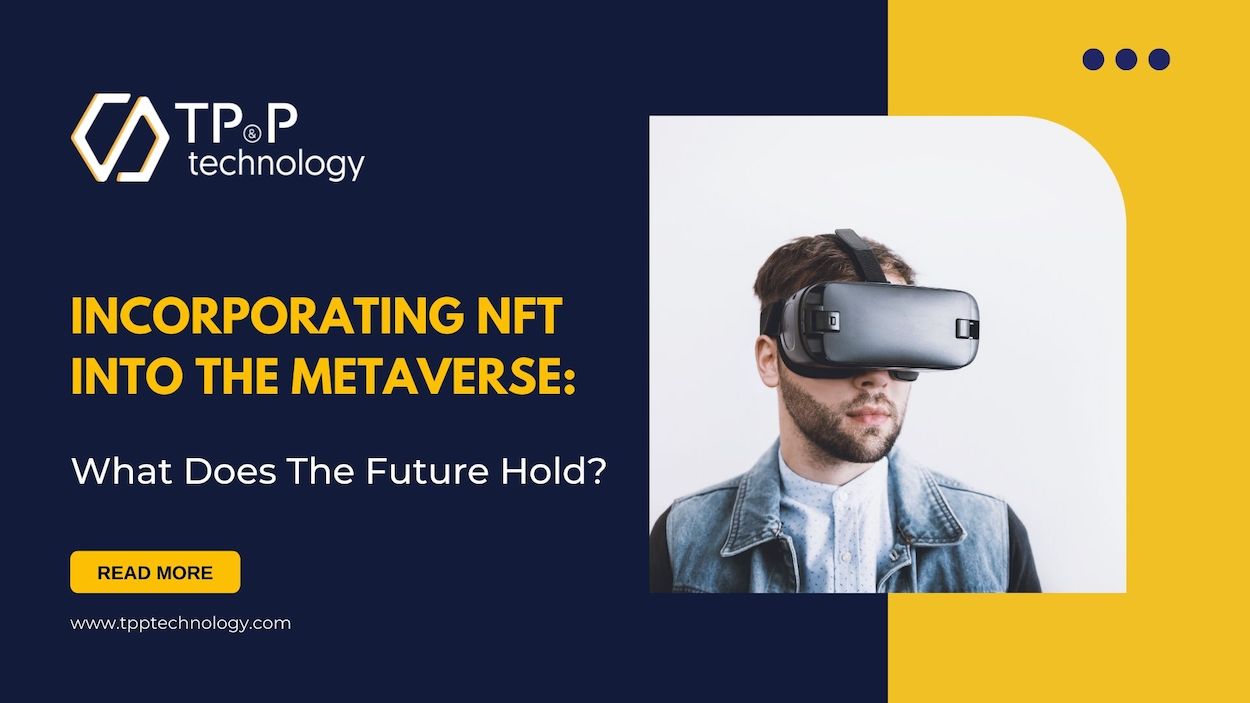
The Metaverse: Overview & Benefits For Businesses
With the advancement of technology, what people can do with their computers and the internet is constantly evolving with many new experiences and possibilities offered for users. From the early days of static, read-only websites that provide information to users, to Web 2.0 enabling users to read and write, we are in the midst of the digital evolution with light-speed development progress. The next big trend is expected to be the Metaverse.
The Metaverse - Overview
Although the term Metaverse has been around for a while, it has been gaining worldwide popularity in the past year with tech giants such as Facebook and Microsoft announcing Metaverse projects in development. The mainstream recognition of this new concept of a digital, virtual world is increasing considerably as more and more people learned about its promising possibilities. A large number of professionals in the IT and software industry are investing creative ideas into the building of the Metaverse - a concept that Neil Stevenson came up with in the year 1992.
The Covid-19 pandemic has accelerated the adoption of online meetings via digital channels like Zoom, Microsoft-Team, and Google Hangouts, and those tech companies have taken this a step further to enhance the experience, ultimately converging with the ambitious goals of the Metaverse.
The Metaverse creates a virtual world with or without VR (virtual reality) that allows users to communicate and interact with one another as well as trade in digital collectibles and assets, and explore such a virtual world in 3D mode by using virtual reality devices like Oculus even though many still have standard two-dimensional interfaces. Additionally, users can opt to use their custom-owned avatar as a way to identify themselves.
Metaverses can either be centralized or decentralized and incorporate many blockchain-based applications like NFTs (Non-Fungible Token), Crypto-currency, smart contracts, etc. to replicate the activities like the real world.
The Metaverse - Benefits for Businesses
The Covid-19 pandemic has significantly changed the way people work and many companies are now adopting a permanent remote work policy, for example, Airbnb and Spotify both allow their employees to work from home or anywhere in the country (or around the world).
However, people still need to connect and collaborate for work, and to facilitate this flexibility, business organizations rely on virtual and digital channels of communication such as video conferences across platforms and devices, most commonly via the web to socialize and interact online.
Now, imagine we take this up a notch and make video conferencing become just as real as real-world interaction. A Metaverse, together with AR & VR headset to augment the things around you, can make those 3D virtual interactions a lot more exciting and more real.
Below are some of the benefits that Metaverse offers to businesses across industries including Gaming, Entertainment, E-commerce, Education, etc.
Enhance The Remote Working Experience
Among the drawbacks of remote work is the lack of physical, face-to-face interactions which make it difficult for employees to actively engage and communicate with one another. A Metaverse not only provides a digital environment for employees to talk to one another, but also for people to understand the other person’s emotions and body language, and retain the emotional connection.
Online Game
Play-to-earn NFT Metaverse games such as Axie Infinity let their users exchange NFTs, supported by Blockchain technology, which is forming a new way of value exchange across the metaverse. Other business operations like lending, borrowing, and real-estate browsing, can also be expected to happen in the Metaverse.
Customer Experience
In recent years, many enterprises have already leveraged AR and VR technology to enhance their customer's experience like museums and galleries organizing online art exhibitions and letting viewers enjoy the show using a VR headset, or another example would involve brands using AR to let their customers test how furniture can fit in their living rooms.
These experiences can be enhanced and made more real in the Metaverse. In the future, the metaverse could significantly transform how business organizations and consumers interact with products, services, and each other.
To Sum-Up
The Metaverse requires an infrastructure comprising cutting-edge technologies like Cloud Computing, IoT, AI/ML, and blockchain, including Web 3.0 and other standards. Blockchain technology is currently heavily associated with cryptocurrency trading and other blockchain-based assets like NFTs, even though the application of Blockchain is more than cryptocurrencies.
The Metaverse is a new, interesting, and highly promising concept, that business leaders may need to pay attention to. However, there are reasons for caution too as the Metaverse is still in the very early stage of development. Thus, it’s important to understand what the metaverse is about and take practical actions to achieve what your business needs with the Metaverse.



